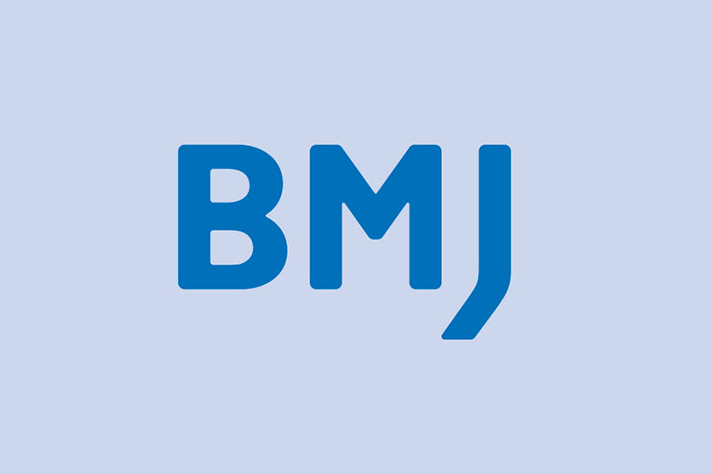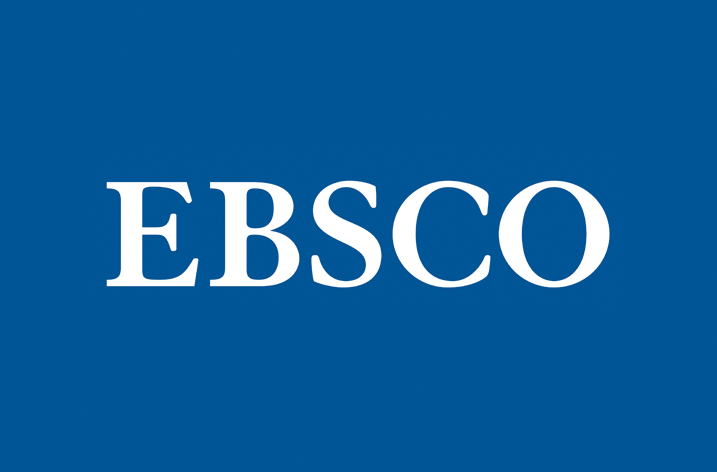
OCLC, the worldwide leader in library cataloging and metadata services, is unlocking the power of the Dewey Decimal Classification system to build an increasingly robust linked data infrastructure by creating uniform resource identifiers (URIs) for Dewey numbers.
As the foundation for “concept” entities, this Dewey linked data provides subject classifications to Works entities in WorldCat Entities, creating a layer of new relationships for knowledge graphs that power discovery.
“OCLC is committed to our linked data strategy, and we continue to publish existing library information as linked data in ways that support better description and discovery of library resources across the web,” said Mary Sauer-Games, OCLC Vice President, Global Product Management. “We’ve already taken fundamental steps forward in building a linked data ecosystem with the release of OCLC Meridian and WorldCat Entities, and now we’re pleased to announce the transformation of another dataset: the Dewey Decimal Classification system.”
Using machine-actionable and web-friendly URIs, Dewey linked data connects across established classifications and subject headings data, such as Faceted Application of Subject Terminology (FAST) linked data. The OCLC Research team helped map Dewey classifications to FAST topical headings and added these relationships to the Dewey linked data.
Anyone is free to view and access a base set of Dewey linked data and can begin integrating Dewey URIs into their local data management and discovery systems today.
Libraries that subscribe to WebDewey have access to the full range of Dewey linked data URIs and associated metadata. In addition, two new APIs are available that enable users to easily integrate Dewey linked data into other systems and services. WebDewey users can access these APIs as part of their subscription.
More about OCLC’s linked data strategy is at oc.lc/linkeddata.

























